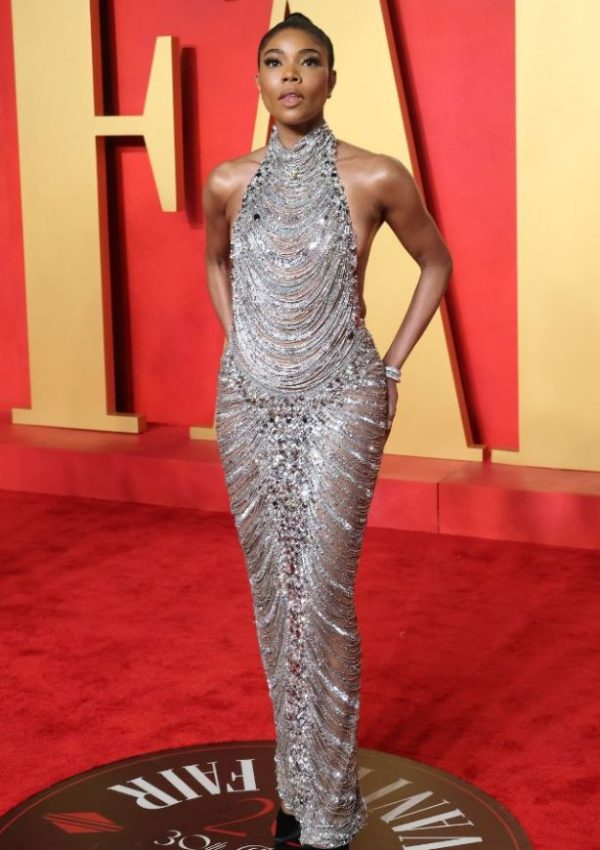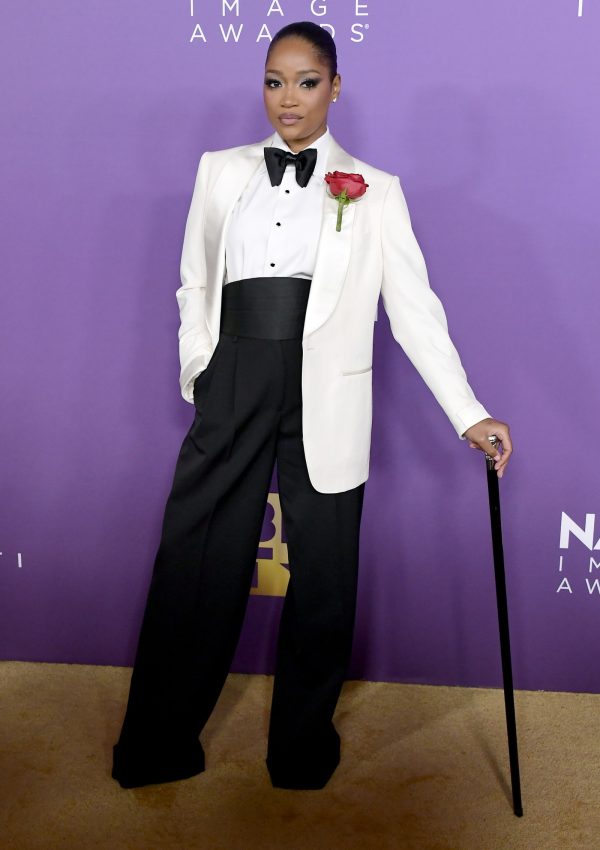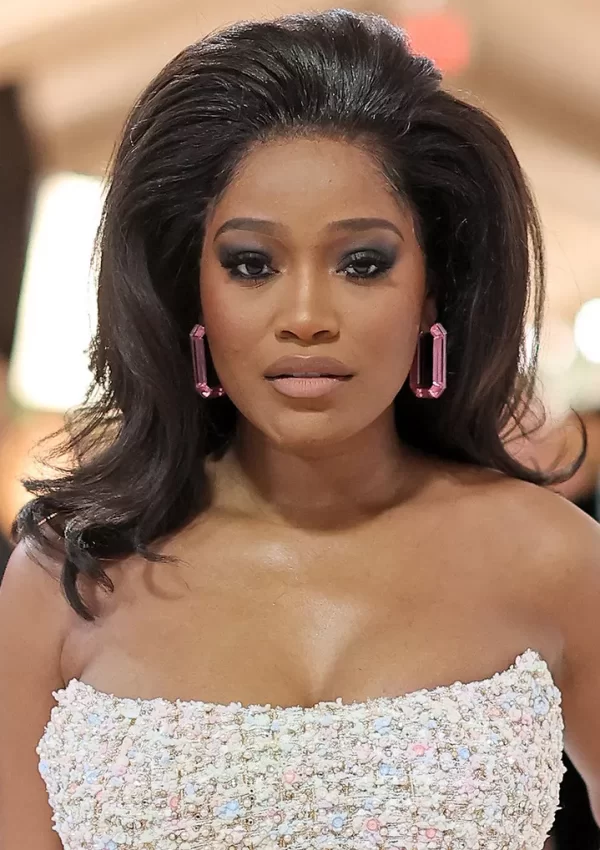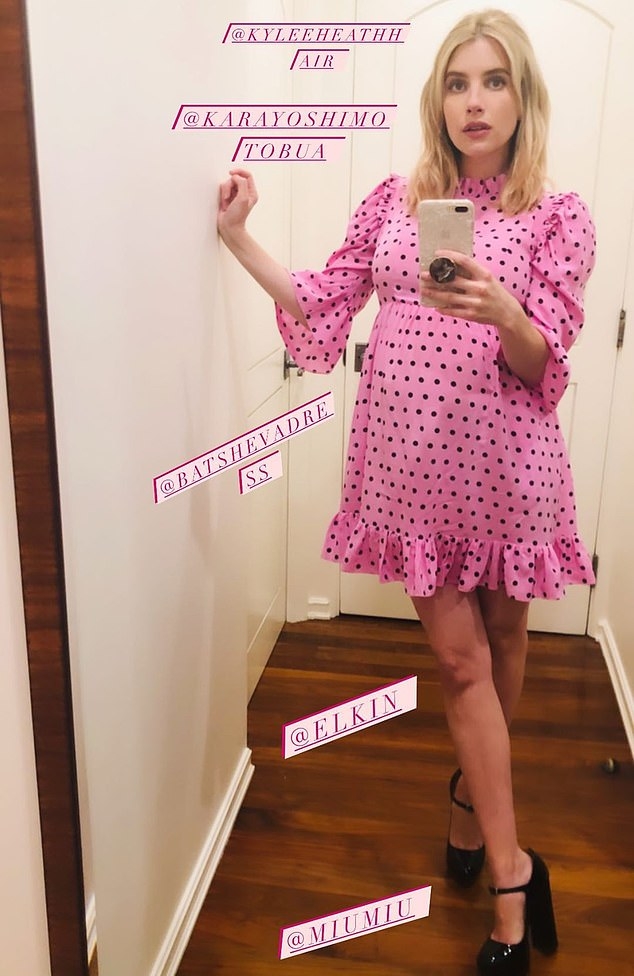
According to research quoted by Glamour, Black women are 83 per cent more likely to report being judged more harshly on their looks than other women at work, and they are 1.5 times more likely to be sent home from work because of their hair. “Those actions are bullying, discrimination, microaggressions and acts of racial injustice,” says Martin in the video.
Gabrielle Union, Uzo Aduba, Keke Palmer Star In PSA About Hair Discrimination . In the three-minute video, the actors share the words of 13 Black women who sent in anonymous stories about the very real issues they face and the comments they’ve received because of their hairstyles. From stereotypical misconceptions about the cleanliness of dreadlocks, to being told by HR that their hair looks “more professional” in a bun, to the story of a seven-year-old girl whose teacher snipped her braids because her beads were making too much noise, the impactful stories reveal a serious need for change.
The actors are hoping that change comes from The Crown (Creating a Respectful and Open World for Natural Hair) Act. The state-level legislation, which prohibits race-based hair discrimination in workplaces and schools, is currently in effect in California, Colorado, Maryland, New Jersey, New York, Virginia and Washington. Now the goal is to expand it to the other 43 States as well.
“The words you just heard are from 13 Black women across the United States but their experiences belong to all of us,” says Union. “This isn’t just a hair issue. Hair discrimination is racial discrimination, period. Together we can make our schools and workplaces safer and equal for all.”
In a PSA released Tuesday as part of Glamour magazine’s September issue, the actresses share stories submitted anonymously by 13 Black women across the country about discrimination they’ve faced over their natural hair.
The stars end the PSA, titled “I’ve Been Told …,” by encouraging viewers to sign a petition for the CROWN Act, which would make race-based hair discrimination in hiring and education illegal.
In one of the stories, read by Union, a woman recalls how she debuted her natural hair at the office, only for her supervisor to ask if it “was forever.” Palmer shares a story from a woman who says that human resources once told her that her hair looked “more professional” pulled back and in a bun.
“I am not my hair, but my hair is a part of who I am,” says Union. “And it deserves the same respect as the person beneath it.
Martin shares a quote from a woman who’s had “strangers walk up and pet me” and another from someone who’s “seen children humiliated at school, getting suspended” over their hair. The teen also cites an incident where a teacher cut a girl’s hair because “her beads were ‘making too much noise.’ “
“Those actions are bullying, discrimination, microaggressions and acts of racial injustice,” Martin says.
Aduba shares a message from someone who’s had her dreadlocks called “nice and clean” and another from someone who says wearing her natural hair is about more than just her appearance.
“I started my locks journey out of convenience,” recites Aduba. “Now, it’s an outright protest.”
Union added that this “isn’t just a hair issue.”
“Hair discrimination is racial discrimination, period” she says. “Together we can make our schools and workplaces safer for all.”
The I’ve Been Told campaign launched on August 25 in conjunction with Glamour’s September issue, which also features the stories of six Black women across the States and the stigma they’ve faced because of their hair.
“For most working people, the expectation is that you’ll be evaluated on how well you perform the tasks you were hired to do. You’re either good at your job or you’re not, right? For Black women, it’s not always that absolute,” sets up the publication.
“Many of us have also been judged, reprimanded, or even fired for the way we wear our hair to work. It’s called hair discrimination, and in 43 states it’s perfectly legal. Each of the six women you’ll hear from in this story describes unpleasant experiences on the job, and they’re advocating the passage of the Crown Act in every state, a vital piece of legislation that makes it illegal to discriminate against a person for the way they wear their hair to work, whether that’s natural or in protective styles. Their experiences vary, but their message is the same: We are not our hair, and our hair is our own.”


https://www.instagram.com/tv/CEUILx_JfON/?utm_source=ig_embed



